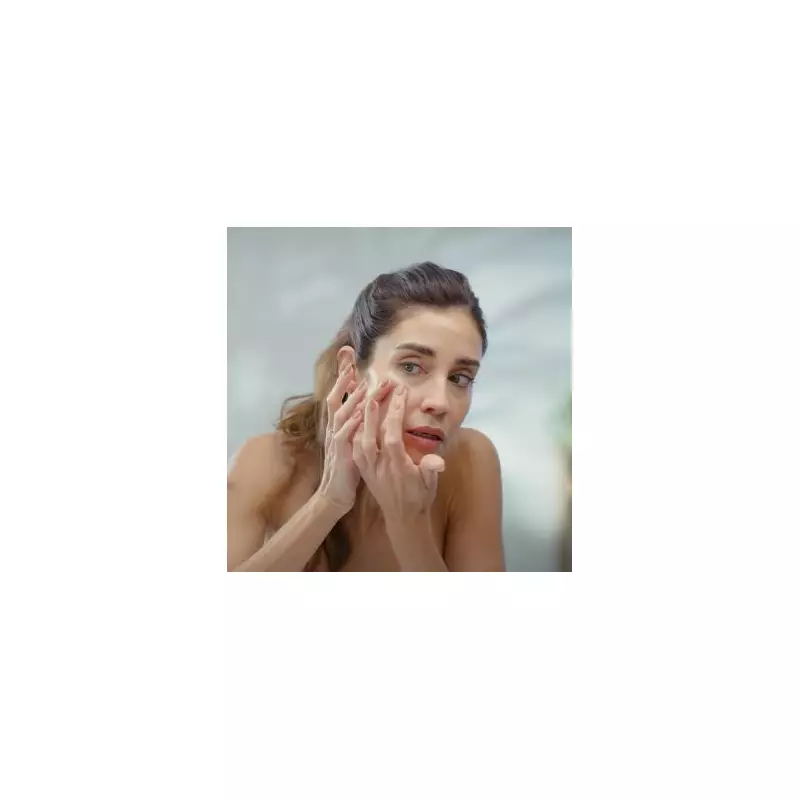
A new TikTok trend encouraging users to digitally morph their faces into an unattainable 'perfect' aesthetic is raising alarms among mental health professionals. Dubbed the 'Perfect Face' trend, it involves heavy filtering and editing to conform to narrow beauty ideals.
The Rise of Digital Perfection
The trend sees participants using advanced editing tools to adjust facial symmetry, skin texture, and proportions to match an algorithmically defined 'ideal'. Videos tagged #PerfectFace have amassed millions of views, with many young users attempting to replicate the look.
Expert Warnings
Psychologists express concern about the trend's impact on self-esteem. 'This creates completely unrealistic expectations,' says Dr. Sarah Ellis, a body image specialist. 'When young people compare themselves to these digitally altered versions, it can lead to anxiety, depression, and body dysmorphia.'
The Tech Behind the Trend
The phenomenon is fueled by increasingly sophisticated AI-powered editing apps that can:
- Smooth skin to poreless perfection
- Reshape facial features with precision
- Adjust lighting and angles to create 'ideal' proportions
Unlike traditional photo editing, these tools work in real-time, making the alterations appear seamless.
A Wider Social Media Problem
While the trend is particularly visible on TikTok, experts note it's part of a broader issue across social platforms. 'We're seeing a generation growing up believing they need to edit themselves to be acceptable,' warns digital wellness coach Mark Williams.
The trend has sparked debate about whether platforms should implement warnings on heavily edited content, similar to some countries' regulations around influencer marketing.





